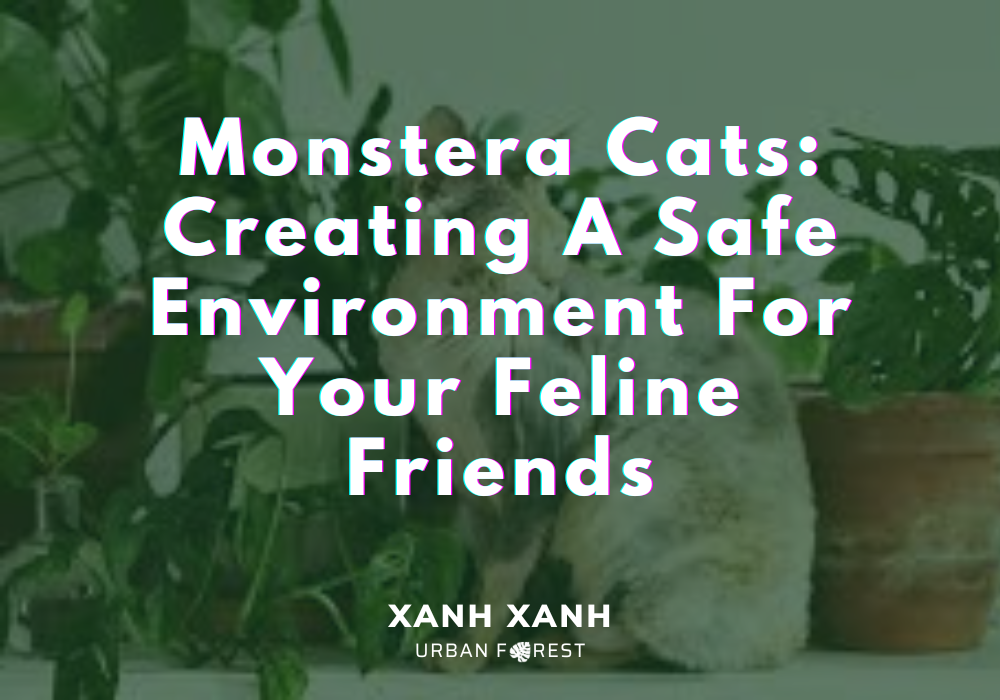Table of Contents
1. Introduction
If you’re an enthusiast of plants and also a proud owner of a cat, you may have concerns about ensuring the safety of your feline friends around Monstera plants. Monstera is a popular houseplant admired for its appealing foliage. However, it’s important to be aware that Monstera plants contain toxins that can be harmful to cats if ingested. In this post, we will explore effective methods to create a safe environment for your pets while still enjoying the beauty of Monstera plants.
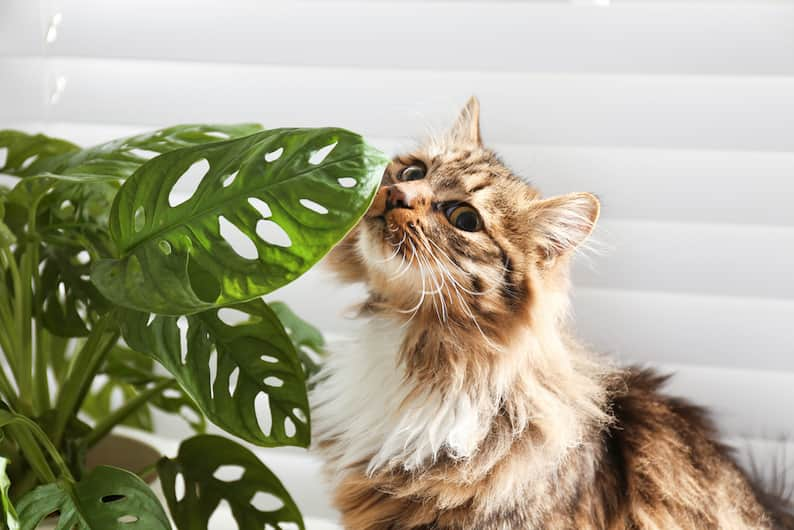
2. Understanding the Toxicity of Monstera Plants
Monstera plants contain calcium oxalate crystals, which are common toxins that can cause irritation in the mouth and throat of cats when consumed. These crystals can cause discomfort and various symptoms in feline friends, including drooling, pawing at the mouth, vomiting, and difficulty swallowing.
3. Symptoms of Monstera Toxicity in Cats
If your cat has consumed parts of a Monstera plant, there are several symptoms to watch out for. These may include pawing at the face or mouth, drooling, vomiting, difficulty breathing, or other signs of oral irritation. If you notice any of these symptoms, it’s important to seek veterinary advice promptly.
4. How to Keep Cats Away from Monstera Plants
To ensure the safety of your pets and protect your Monstera plants, here are some effective tips and techniques to keep cats away:
4.1. Providing Distractions with Pet-Friendly Plants
One strategy is to provide alternative pet-friendly plants for your feline friends to explore and nibble on. By offering catnip, cat grass, or other safe plant options, you can divert their attention away from the Monstera plants.
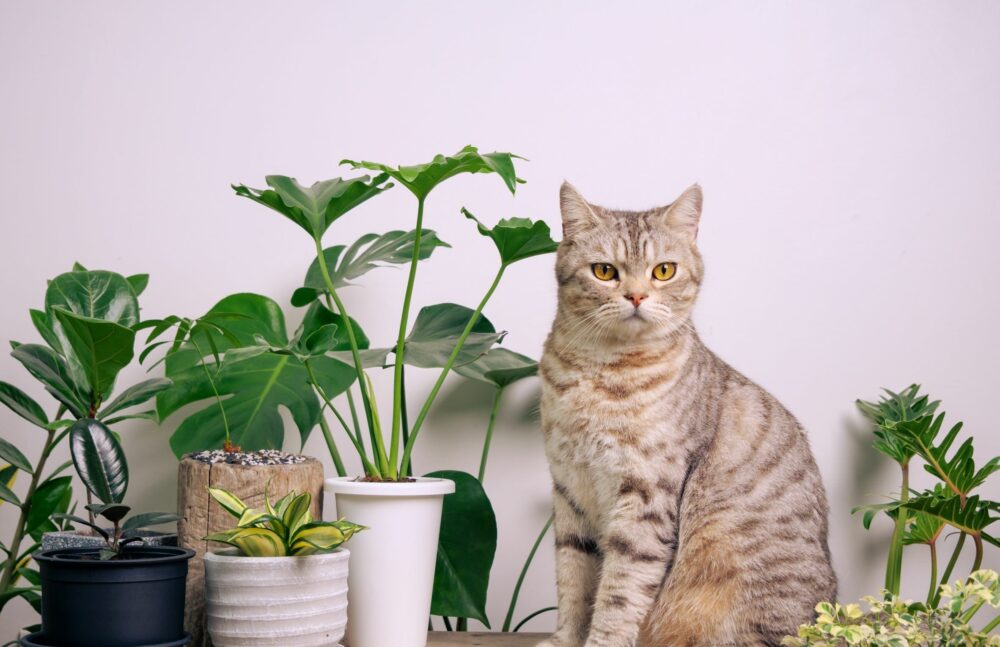
4.2. Implementing Physical Barriers
Creating physical barriers around your Monstera plants can help prevent cats from reaching them. Use baby gates, decorative fencing, or other barriers to block access to the plants and discourage your pets from getting too close
4.3. Using Hanging Baskets
One effective way to keep your Monstera plants out of your cat’s reach is by placing them in hanging baskets. By suspending the plants from the ceiling or using high shelves, you can create a safe distance between your pets and the Monstera leaves, reducing the risk of ingestion.
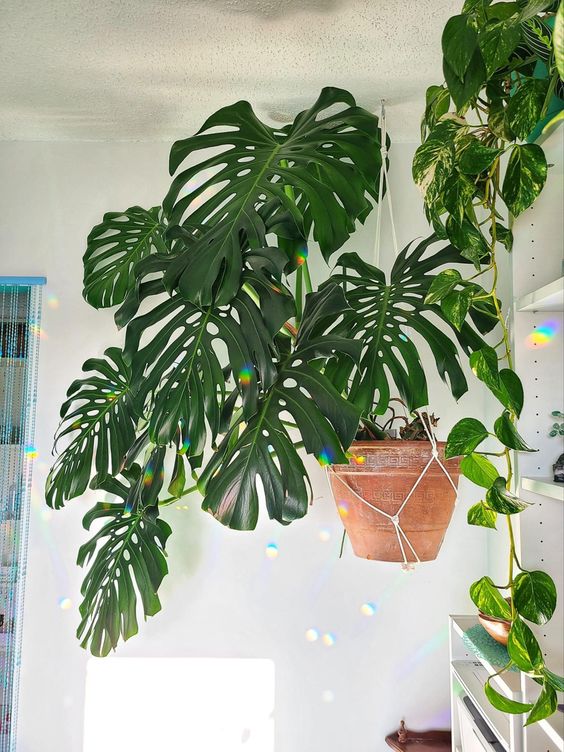
4.4. Creating Elevated Spaces
Cats have a natural inclination to explore and climb. By providing them with elevated spaces such as cat trees or shelves, you can offer alternative areas for them to satisfy their curiosity. This can help divert their attention away from the Monstera plants and minimize the chances of them coming into contact with the toxic foliage.
5. Safe Alternatives to Monstera Plants
If you’re concerned about the potential toxicity of Monstera plants and want to eliminate the risk altogether, you can consider adding cat-safe houseplants to your home. Some examples of non-toxic plants for feline friends include Boston ferns (Nephrolepis exaltata), Spider plants (Chlorophytum comosum), and Areca palms (Dypsis lutescens). These plants can add greenery to your space without posing a danger to your feline friends.
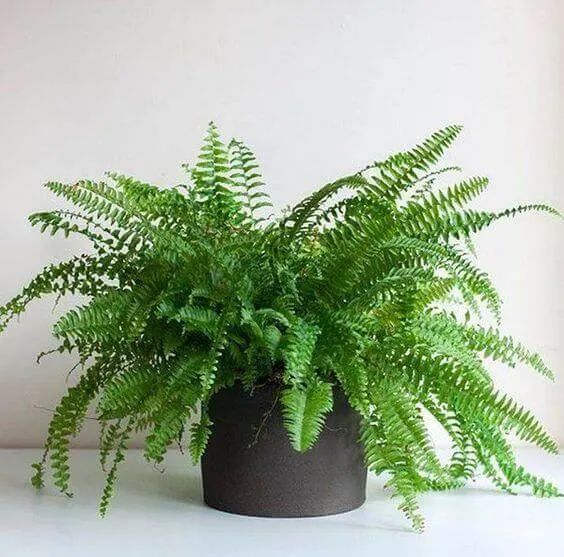
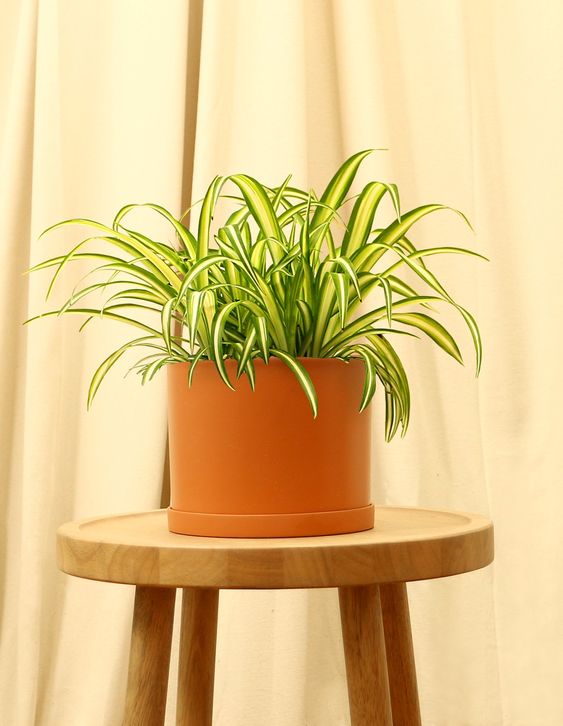
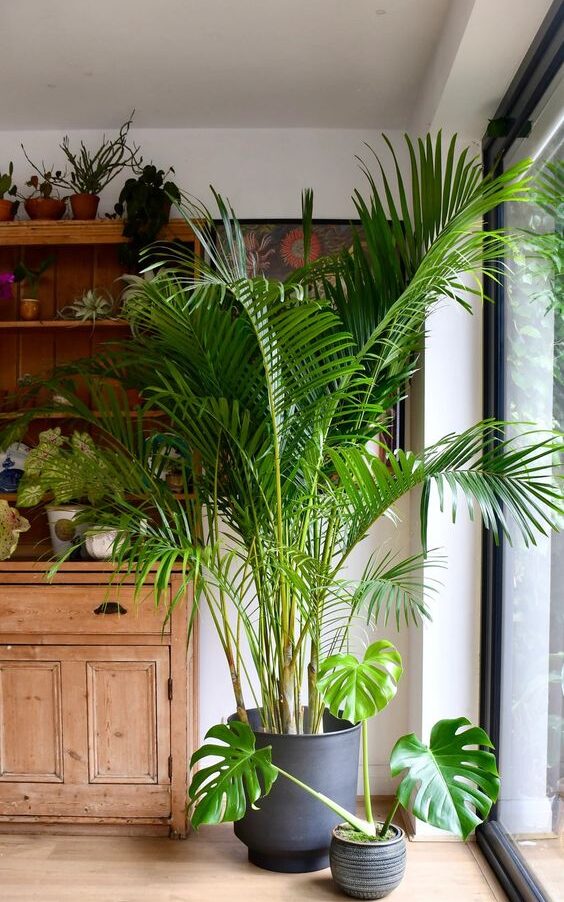
6. Frequently Asked Questions (FAQs)
6.1. Can Monstera plants be toxic to cats if they only nibble on them?
Yes, even if your cat only nibbles on Monstera plants, it can still be harmful. The calcium oxalate crystals present in Monstera leaves can cause oral irritation, discomfort, and other symptoms in pets. It’s best to keep your pets away from these plants to ensure their safety.
6.2. Are there any Monstera plant varieties that are safer for cats?
No, all Monstera plant varieties contain calcium oxalate crystals, which are toxic to cats. It’s important to avoid all types of Monstera plants if you have cats in your home.
6.3. Are there any other common houseplants that are toxic to cats?
Yes, there are several common houseplants that are toxic to cats. Some examples include lilies, azaleas, dieffenbachia, pothos, and sago palm. It’s essential to research the toxicity of any houseplants you plan to bring into your home and ensure they are safe for your feline companions.
7. Conclusion
While Monstera plants can add beauty to your home, it’s important to prioritize the safety of your feline friends. The toxicity of Monstera plants, due to the presence of calcium oxalate crystals, can pose a risk to cats if ingested. To create a safe environment, consider providing alternative pet-friendly plants, implementing physical barriers, using hanging baskets, and creating elevated spaces. Additionally, if you want to eliminate the risk altogether, opt for cat-safe houseplants as alternatives. By following these tips, you can ensure the well-being of your cats while still enjoying your love for plants.
If you have any questions, you can contact us via:
- Instagram: Xanh Xanh Urban Forest
- Facebook: Xanh Xanh Urban Forest

